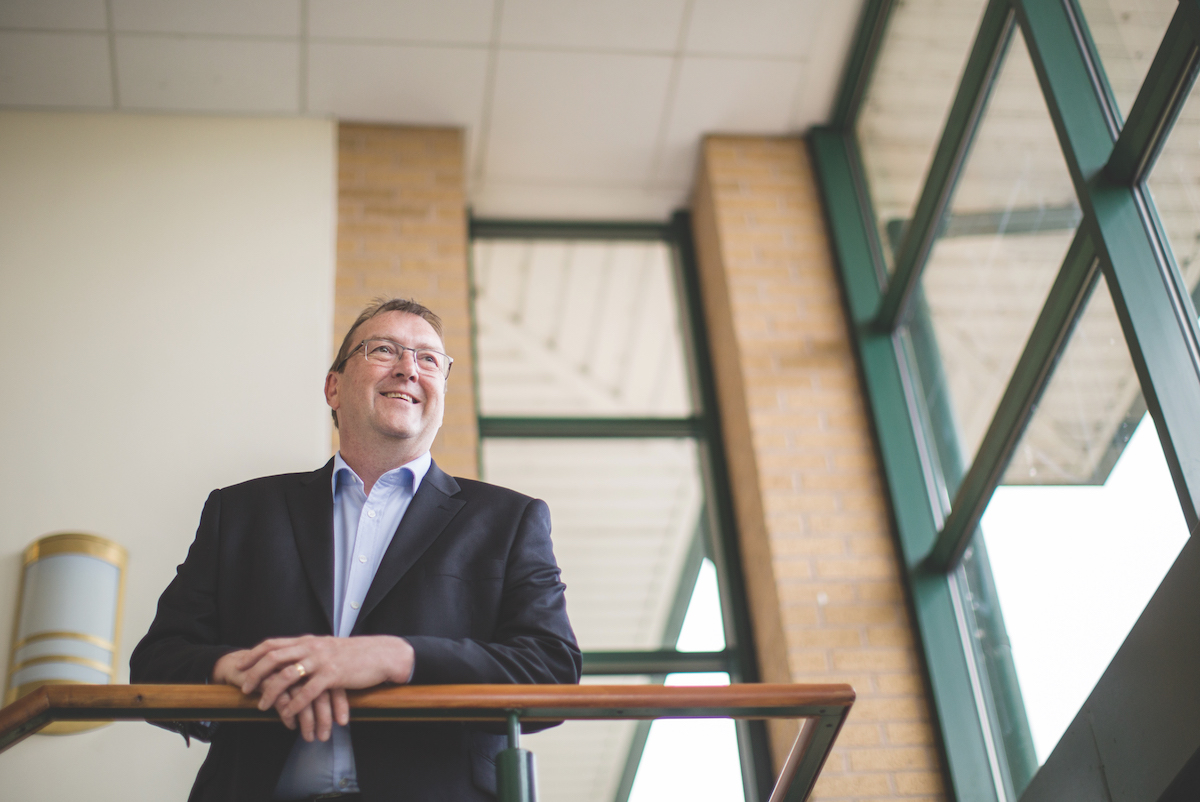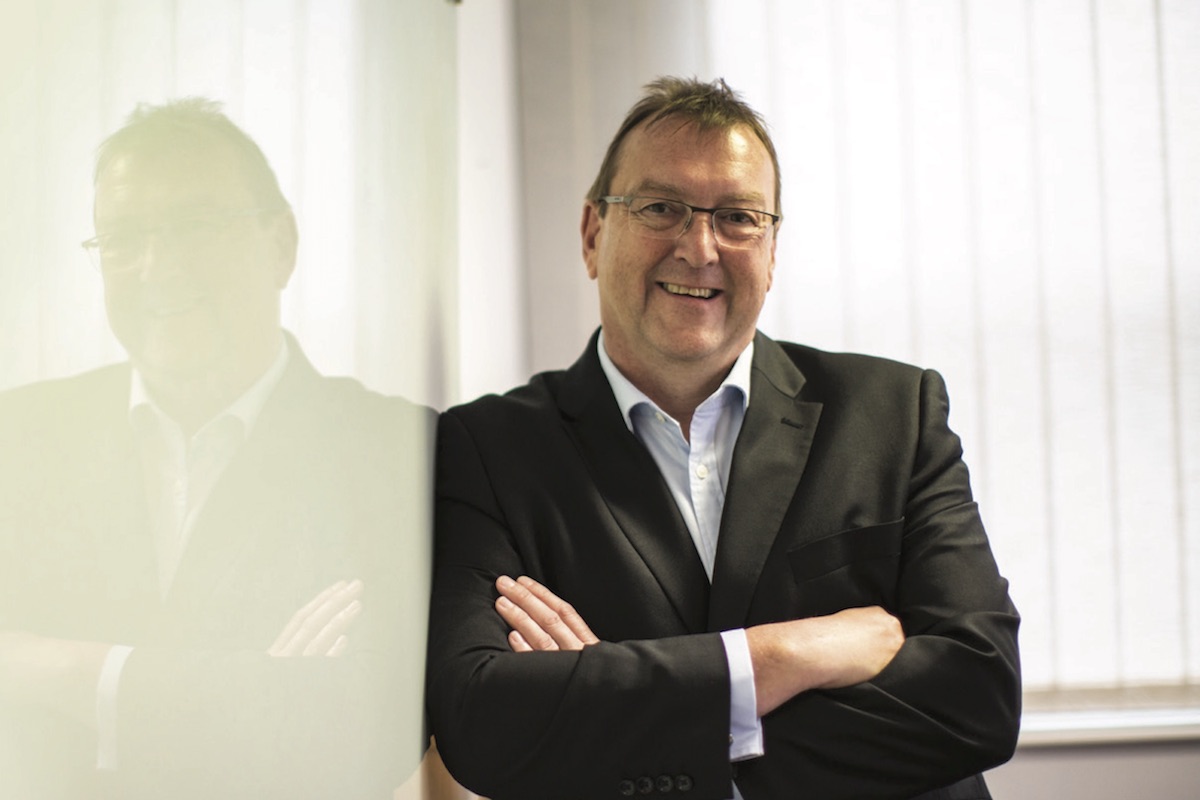The world is experiencing technological disruption across all industries. The health and pharmaceutical sector is no exception, as developments in medical technology strive to meet the rising demands of healthcare systems all around the world.
Creavo Medical Technologies CEO Steve Parker has exciting ideas for the future of the medical device space, an industry he has spent more than 40 years working in. He earned his stripes working for a number of large American healthcare companies, including Abbott Laboratories where he was tasked with managing the commercial activity for all markets outside of the US.
Steve Parker wants to change the game
Steve has seen plenty of advancements in medical technology, but says most of them have been about making tiny increments of improvement. “Typically, large clinical studies of thousands of patients and in many countries prove that an outcome could be just two, three, or four per cent better as a result of implementing a new technology,” he says.

But Steve has more ambition than a two per cent improvement. He wants to change the game. And in order to do this, he needs the right vehicle to effect that level of change. At Creavo Medical Technologies, Steve says he witnessed the birth of a completely new technology that could advance the ways doctors practise cardiology.
It’s really exciting to be able to work in a very small but dynamic environment, actually making a significant difference to the way health care is delivered.
After writing the company business plan and completing the due diligence on the business, he ultimately decided to stay on as CEO. “What I saw could be a game changer. It could fundamentally change the way patients are diagnosed and managed when they have heart problems. It’s really exciting to be able to work in a very small but dynamic environment, actually making a significant difference to the way health care is delivered,” says Steve.
Creavo Medical Technologies has expert talent
As with any business, it requires more than just ambition and drive to succeed. Particularly in the medical field, technical expertise and know-how is imperative. Thankfully, Creavo has that in Professor Ben Varcoe, the company’s Chief Scientific Officer and also Chair of Quantum Information Science at the University of Leeds. According to Steve, Ben is the real brains behind Creavo.
“Ben had done about 10 years of research into the ability to measure the minute magnetic signal associated with various organs. However, those signals can be very difficult to get hold of and identify, and the devices cost millions of pounds, which effectively meant that those devices could not be deployed.”
“What Ben wanted to do was look into all the ways that would enable him to detect, measure and quantify those same signals, all while managing the downside of liquid helium coolants and the associated high costs,” says Steve.
Bringing Vitalscan to market
Through Ben’s research, Steve says Creavo found an opportunity to commercialise and bring an efficient device to market. The device, called Vitalscan, uses imaging technology to perform a scan at a patient’s bedside in under five minutes.
It then provides a trace, numerical data, and a visual magnetic field map of the patient’s heart to aid medical staff in the triage of patients with chest pain. Creavo is currently in the middle of a 750-patient study to test the viability of Vitalscan within hospitals, which Steve expects to be complete in mid 2018.
“It will identify that the device can be used in a hospital environment by suitably trained staff to be able to diagnose a patient with chest pain,” he says. “Once that clinical study has been completed, that will then become the evidence base for what will be a second-generation device, which will effectively go into healthcare systems in both the UK and abroad.”
The future of healthcare
The future will see a continuing evolution of medical technologies impacting the healthcare landscape. This will be accelerated by an ageing global population, combined with increased investment in newer technology and drugs to cater for this demographic.
Steve says these two factors will continue to place a huge strain on the way medicine and health care is delivered. “Today, the focus is quite rightly around better patient care and better diagnostics, but it is also around a better and more efficient delivery of health care,” he says. “Any devices or technologies that can better and earlier identify disease before it becomes ingrained and an expensive prospect to manage really adds significant value to that landscape.”



